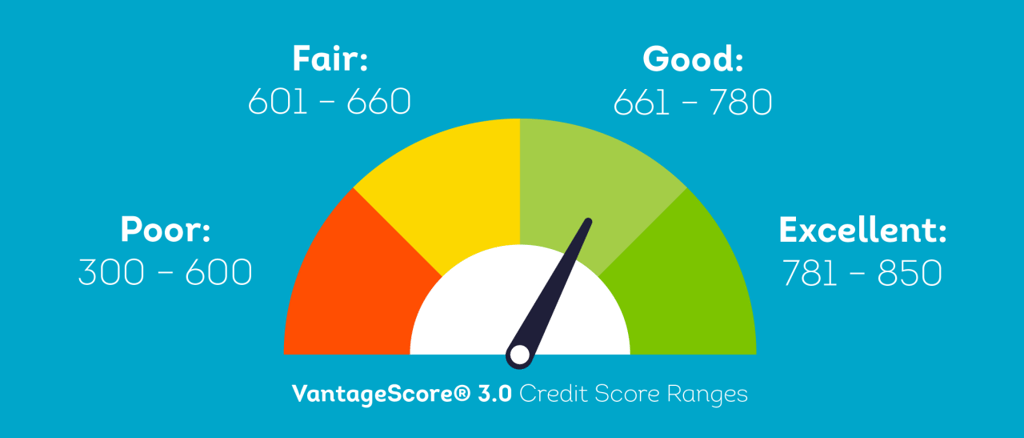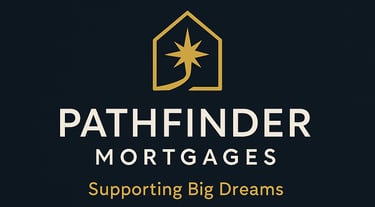📞 204-296-1169 📥 Daniel@pathfindermortgages.com
Analysis of Credit Scores - A Professional Opinion
Daniel Adeyinka
8/3/20252 min read
To Begin With... How Credit Works
Your credit score is a number between 300 and 900, generated by a computer algorithm based on your credit history. It updates monthly and plays a major role in determining whether you’ll be approved for credit — whether that's a credit card, loan, or mortgage.
If you're 18 or older and have had any type of credit in Canada, you already have a score. In fact, you likely have two scores — one from each of the two major credit bureaus in Canada:
Equifax
TransUnion
Want a full breakdown of how credit works? 👉 Read our earlier post: The Basics of Credit in Canada.
Now let’s focus on what most people want to know: What does my credit score actually mean?
Analysis of Credit Score Ranges
(Straightforward, expert-backed, and based on real-world experience)
A Quick Tip:
You don’t need to memorize every range. Just pay attention to the 600–700 zone — because that’s where it usually gets serious.
🔴 600 & Below: Poor
Any score under 600 is a red flag to most lenders. It suggests — fairly or unfairly — that you may have poor money habits.
Here’s what might be hurting your score:
You’ve missed or skipped payments
You’ve paid bills more than 30–90 days late
You’re using too much of your available credit
You have more debt than your income can support
You’ve ignored your credit health or haven’t built credit properly
Bottom line?
There’s a reason your score is below 600 — and you need to find it. The good news? Once you know what’s wrong, you can start fixing it.
Need personalized help?
I’m a certified Credit Counsellor, and I can walk you through exactly what’s holding you back — and how to become mortgage-ready. Contact me
🟡 600–680: Average
This is the most common range. You're not in trouble, but there’s still room to improve.
Typical reasons for a score in this zone include:
Limited credit history (aka a "thin file")
Using a large portion of your credit limit
Having only one credit product (e.g. just one card)
Being new to Canada or new to credit
A few minor missed payments or inconsistencies
Not actively using credit (which can limit your score growth)
You’re almost there — a few small tweaks could get you into the excellent zone.
Think of this range as your financial "in-progress" stage.
🟢 680 & Above: Excellent
This is where you want to be. Lenders see you as someone with strong financial habits and low risk. With a score in this range, you’re more likely to:
Be approved quickly
Access better interest rates and products
Receive promotional offers and lender discounts
Just keep doing what you’re doing: pay on time, use credit responsibly, and avoid unnecessary new credit applications.
Final Thought:
Your credit score isn’t just a number — it’s a tool.
Understanding it helps you build a path to financial confidence and long-term success.
Whether you’re just starting out, rebuilding, or preparing for a big purchase like a home — I’m here to help you get mortgage-ready, one step at a time.


Transunion credit score ranging from 300 to 850 (Transunion)
<!-- Google tag (gtag.js) --> <script async src="https://www.googletagmanager.com/gtag/js?id=G-BV0W5G1DZM"></script> <script> window.dataLayer = window.dataLayer || []; function gtag(){dataLayer.push(arguments);} gtag('js', new Date()); gtag('config', 'G-BV0W5G1DZM'); </script>


Contact
📞 204-296-1169
📥 daniel@pathfindermortgages.com
Winnipeg Office
193 Henlow Bay, Winnipeg, MB.
R3Y 1G4
Calgary Office
29A Elizabeth Street, Okotoks AB.
T1S 1B1




Daniel Adeyinka
Mortgage Agent | Mortgage Architect
AFCC® Financial Counseling CANDIDATE
@ 2025 All Rights Reserved.
